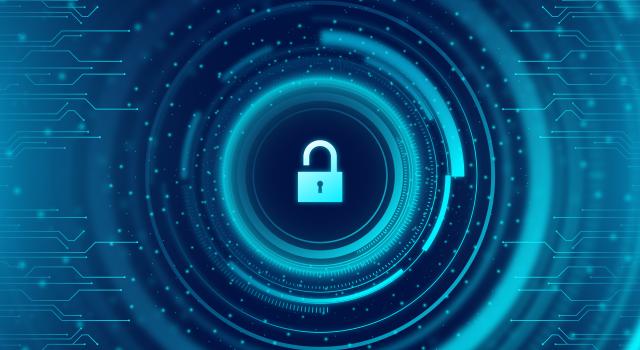
5 Cybersecurity Tips Everyone Should Know
Across all your devices, cybersecurity has become increasingly important as more people rely on internet, especially for small businesses, home offices, and large companies. Cybersecurity is what protects your devices and your users from hackers, viruses, and other malicious attacks.
As complicated as it might sound, you don't need an extensive background in technology to start protecting yourself and your devices! Here are five cybersecurity tips that you can start implementing today.
1. Use Strong Passwords
One of the most common ways that a hacker can break into your device is by guessing your password. According to the 2019 Data Breach Investigations Report, 80% of security breaches involve a compromised password.
When you create a strong password, it can protect you from criminals gaining access to your device. The best way to create a strong password is to follow these rules:
- Use 12 or more characters
- Use capital and lowercase letters
- Include at least one number
- Include at least one symbol
It is also important to use different passwords for different logins. That way, if one of your accounts were to be compromised, at least the damage wouldn't spread to your other accounts. If you think it might be difficult to remember all of these passwords on your own, there are many different password management tools available online that can keep track of that information for you.
2. Keep All Your Software Up To Date
Do you keep getting messages on your phone or internet browser telling you it's time for an update? While these messages might get frustrating at times, they are incredibly important. Software updates often include new features that the developers are implementing to stay up to date with the current security threats. Viruses and malicious attacks are always evolving, and your software must adjust to stay prepared for these attacks. Take some time each week and make sure your software is all up to date with the current versions.
3. Backup Your Data Regularly
Cyberattacks are often used to compromise, delete, or steal your important data. Backing up your files to multiple locations can help mitigate this risk. Keeping a copy of your backups offline is also important, as you are the only one who can access them. Back up your data using cloud backup, external hard drives, flash drives, and other backup services.
4. Secure Your Wifi Networks
Your Wi-Fi should be secure, encrypted, and hidden. Changing the router's admin credentials from their default username/password is incredibly important. Make sure your router is password protected with a nice, strong password that changes monthly.
Changing the network name is important, too. Router manufacturers often put the brand name or model of the router in the SSID. With that information, a hacker can look up the default username and password for your router and gain access. Change the SSID so that it doesn't give away the router brand or model.
5. Use Multi-factor Authentication
Multi-factor authentication protects your applications by using a second source of validation to verify the user's identity before granting access. It is the simplest, most effective way to make sure your users really are who they say they are. Using this method of security completely neutralizes the risks associated with compromised passwords. Even if a hacker is able to figure out your password, that is not enough for them to access your important data.
Services like Cisco's Duo add this extra layer of security to your users. Duo’s two-factor authentication establishes trust in users’ identities and protects every user with a reliable, easy‑to‑use experience. Their 'zero trust' approach for the workforce ensures users and devices are trusted before granting them access.














